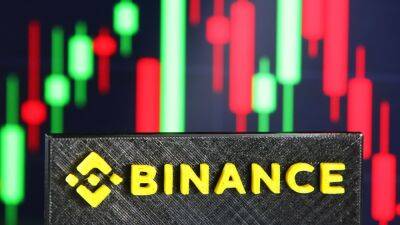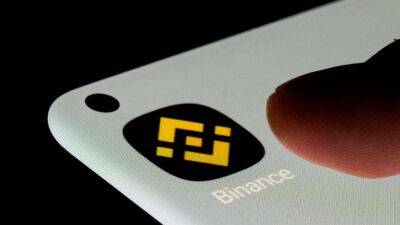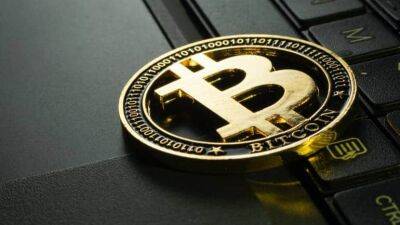Crypto Bills in Panama, Brazil Progressing Fast, but Argentina Province Sends Mining Warning
Crypto adoption is rising high on the political agenda in Latin America, where legislation is edging closer to promulgation – although Argentinean Bitcoin (BTC) and crypto miners have received a warning that if the chips are down, they could be ordered to power down their rigs.
In Panama, the Gabriel Silva (32), the MP who masterminded a draft law named “Crypto Law: Making Panama compatible with the digital economy, blockchain, cryptoassets, and the internet,” took to Twitter to fete the passing of his bill in a third reading in parliament. The bill will still need to be signed by President Nito Cortizo before it passes into law, but that process should now be a formality, and will likely be completed in the coming weeks.
Silva has previously argued that his bill seeks to open the door for other tokens, not just bitcoin (BTC), as is the case in El Salvador. At its heart, the bill spells out a system of taxation for crypto users, but perhaps, more importantly, legalizes the use of bitcoin (BTC), ethereum (ETH), and a group of altcoins as officially recognized means of payment.
The tokens are XDC, XRP, algorand (ALGO), stellar (XLM), IOTA, and elrond (EGLD).
Unlike El Salvador, where BTC has been made legal tender with the proviso that merchants are legally prohibited from refusing customers who wish to pay in bitcoin, merchants in Panama will be free to decide which – if any – coins they wish to accept.Meanwhile in Brazil, Senado Noticias reported that the Senate has approved another private member’s crypto bill that seeks to create legal terminology for concepts such as cryptoassets and virtual asset service providers (VASPs, the terminology that is used by the Financial Action Task Force). The draft law also mandates the
Read more on cryptonews.com














![IOTA [MIOTA] comes to Panama and here’s how the metrics reacted - ambcrypto.com - city Santiment - Panama - city Santimenthowever - city Santimentthis - city Santimentnext](https://finance-news.co/storage/thumbs_400/img/2022/5/5/24340_ejq.jpg)





